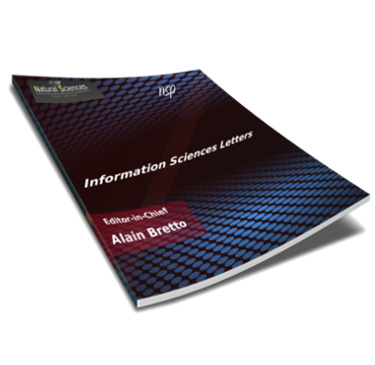
Information Sciences Letters
Abstract
This study aimed to identify the trends of educational research in the British Journal of Comparative and International Education, which specialises in publishing peer-reviewed scientific research in the field of comparative and international education. To achieve this goal, the descriptive approach was used. The content analysis form was applied to all research published between January 2018 and August 2022, resulting in a final pool of 219 papers. It was found that the topics had a global nature, e.g., multicultural education, internationalisation of education, patriotism and citizenship, indigenous people and minorities, and international tests and classifications. As for the fields of research, the majority of the studies were not comparative; they rather studied international matters in a single country without comparing different cultural settings. The most frequent methods were case studies (a single country), field studies, international studies, and finally, cross-sectional studies. The qualitative approach was the most widely used methodology (80.36%), followed by the quantitative and then the mixed approach. More than half of the published research used the content analysis tool followed by interviews, questionnaires and, finally, observations. Tests were the least used tools in published research. The absolute majority of the papers (89.95%) used one tool for research, followed by the option of two tools, while three tools were used only in one study. No research applying more than three tools was found in the studied sample. The general trend in the field of comparative and international education is collective research rather than individual research. In light of these results, several recommendations are proposed for scientific decision-makers in the field of education research in the Arab world, in general, and in the Kingdom of Saudi Arabia in particular.
Recommended Citation
D. Alsulami, N.
(2023)
"Trends in Educational Research in the British Journal of Comparative and International Education,"
Information Sciences Letters: Vol. 12
:
Iss.
1
, PP -.
Available at:
https://digitalcommons.aaru.edu.jo/isl/vol12/iss1/31

